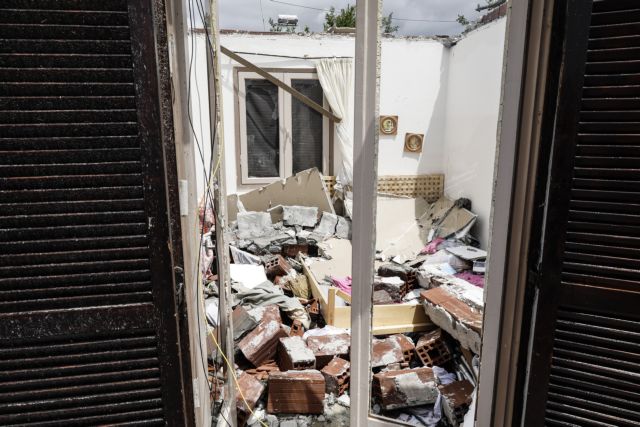Yesterday’s tragedy in Chalkidiki may have come out of the blue, yet it demonstrates how unprepared we are as a country and as a society to confront the dramatic changes that climate change has brought to our lives.
The intensity of the weather was terrifying but it also revealed our diachronic dysfunctions.
Obviously certain disasters cannot be predicted. Yet, the sudden intensity of the storm revealed the shoddiness and poor quality of many structures and the consequences of unsupervised construction.
Unfortunately, in many areas with large numbers of tourists we all too easily build castles in the sand – without monitoring or inspections of their endurance and ability to withstand such extreme weather.
The time has come before we mourn more victims to realise that we will be experiencing such extreme weather ever more frequently.
We are constantly wounding nature and she is paying us back in the same coin.
If we continue to ignore the increasingly frequent warning signs the consequences will be even worse.
It is self-evident that a single country cannot substantially change the repercussions from human interventions in nature.
The necessary international mobilisation and cooperation constantly comes up against strong state and business interests which undermine efforts to reduce the disastrous impact on the natural environment.
Yet, we can at least be more prepared as a state and society to handle extreme weather conditions.
First of all, citizens must receive timely and responsible information as there are strong mechanisms to predict extreme weather.
It is irrational that all these years no one has activated the European system of timely telephone warnings so that at least citizens who are at the centre of the emergency can take any possible measures to protect themselves.
It is equally necessary to reorganise the civil protection service by relying on capable and experienced officials and incorporating international experience along with evolving scientific knowledge.
This is the only way to deal with such emergencies.
Although we cannot avert nature’s outbursts, we can at least do everything possible to limit their repercussions.





